2024 World Brain Day: Brain Health and Prevention
By Tissa Wijeratne MD, PhD & David Dodick MD
Co-Chairs, World Brain Day 2024
Wolfgang Grisold MD
President, World Federation of Neurology
The 2024 World Brain Day marked an outstanding achievement, centered on the vital theme of "Brain Health and Prevention." This year's campaign underscored the paramount importance of optimizing brain health and preventing brain diseases, showcasing the transformative potential of both individual actions and global collaboration.
A major highlight of the campaign was the World Federation of Neurology's webinar, which attracted a diverse global audience and led to the publication of over 900 articles which reached a potential audience of over 300 million people,
The event saw remarkable global participation. Professional neurological organizations, non-profit foundations, patient advocacy groups, influencers, academic medical centers, and NGOs came together to amplify the critical message of brain health and disease prevention. A notable highlight was the significant event hosted by the Chinese Neurological Society in Beijing, featuring Dr. Wolfgang Grisold, which demonstrated the campaign’s expansive international reach. In addition, the six regional neurology groups made substantial contributions, raising awareness about the importance of brain health and advocating for steps that everyone can take to optimize brain health and prevent neurological diseases.
Social media generated a wave of engagement and awareness. On Facebook, the campaign content garnered more than 560,319 impressions. LinkedIn WBD content achieved an 99 million impressions, while X (formerly Twitter) saw a remarkable 200% increase in posts compared to last year, totaling 18,996 impressions per post. These figures highlight the growing public interest in brain health
Reports in the Journal of Clinical Neurosciences [1] and Lancet Neurology [2] emphasized the event's focus on "Brain Health and Prevention." These reports highlighted the significance of optimizing brain health and the necessity for community-level interventions to address modifiable neurological risk factors.
World Brain Day 2024 has emerged as the top performer of the year in global health awareness campaigns. Early Google Analytics results confirm it as the leading campaign, featuring the most popular website content, top page views, highest user engagement, and extended time spent on the page.
World Brain Day 2024 made a profound impact on the global stage, championing brain health and prevention. It demonstrated the extraordinary power of a unified global effort in raising awareness and inspiring positive change for a healthier future.
References:
- Grisold W, Dodick DW, Guekht A, Lewis SL, Wijeratne T. World Brain Day 2024: a focus on brain health and prevention. Lancet Neurol. 2024 Sep;23(9):863-864. doi: 10.1016/S1474-4422(24)00270-9. Epub 2024 Jul 18. PMID: 39033775.
- Wijeratne T, Dodick D, Lewis SL, Guekht A, Grisold W; World Federation of Neurology. World Brain Day 2024: Promoting brain health and prevention. J Neurol Sci. 2024 Aug 15;463:123095. doi: 10.1016/j.jns.2024.123095. Epub 2024 Jun 14. PMID: 38997883.
About World Brain Day - Brain Health and Prevention
World Brain Day is an annual event observed on July 22, aimed at promoting awareness and education for neurological disorders that affect individuals worldwide.
World Brain Day 2024 (WBD 2024) is dedicated to Brain Health and Prevention. The World Federation of Neurology (WFN) proudly leads this initiative in collaboration among all six WFN Regions to advocate for the paramount importance of brain health and preventive measures.
Webinar
WFN was privileged to have the representatives of the World Health Organization (WHO) Brain Health Unit as Guests of Honour for WBD 2024 as they highlight the implementation of the Intersectoral Global Action Plan (IGAP) on epilepsy and other neurological disorders.
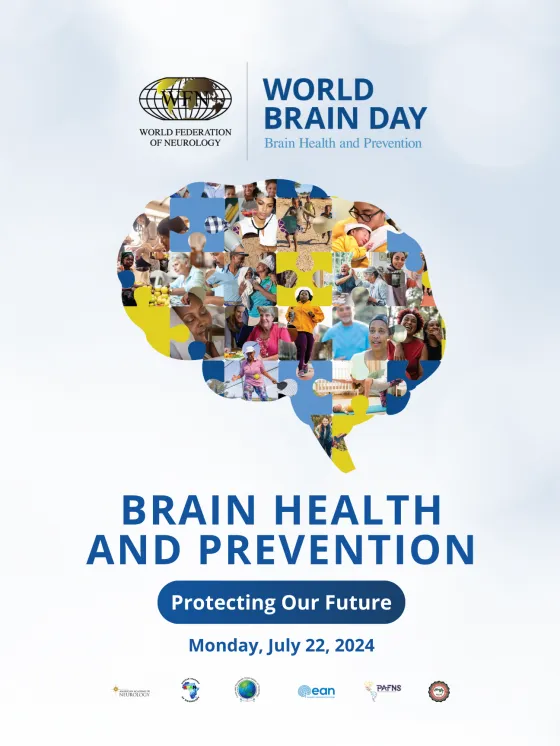 WBD 2024 Toolkit
WBD 2024 Toolkit
-
WBD Presentation
This slide deck includes a campaign overview, quotes from leadership, statistics on prevention, key messages, and download links to all of the Toolbox items. - Social Media Posts and Graphics
- Poster
Let's delve into the definition of prevention:In its operational definition by WHO, prevention encompasses disease prevention and health promotion. Disease prevention involves specific interventions on both population and individual levels, addressing primary and secondary prevention to mitigate the impact of diseases and associated risk factors. Primary preventionPrimary prevention focuses on averting the onset of diseases, incorporating measures to enhance health by addressing social and economic determinants. It involves providing information on behavioral and medical risks, implementing community-level interventions, offering nutritional and food supplementation, promoting oral and dental hygiene, and delivering clinical preventive services like immunization for children, adults, and the elderly. Secondary preventionSecondary prevention emphasizes early detection to enhance positive health outcomes. This includes evidence-based screening programs for disease detection and prevention of congenital malformations, along with administering proven-effective preventive drug therapies in the early stages of a disease. World Brain Day 2024 serves as a rallying point for global efforts to prioritize and safeguard brain health. By spreading awareness, fostering collaboration, and advocating for preventive measures, we can collectively pave the way for a healthier future for all. |
Five Key Messages: Brain Health and Prevention
|
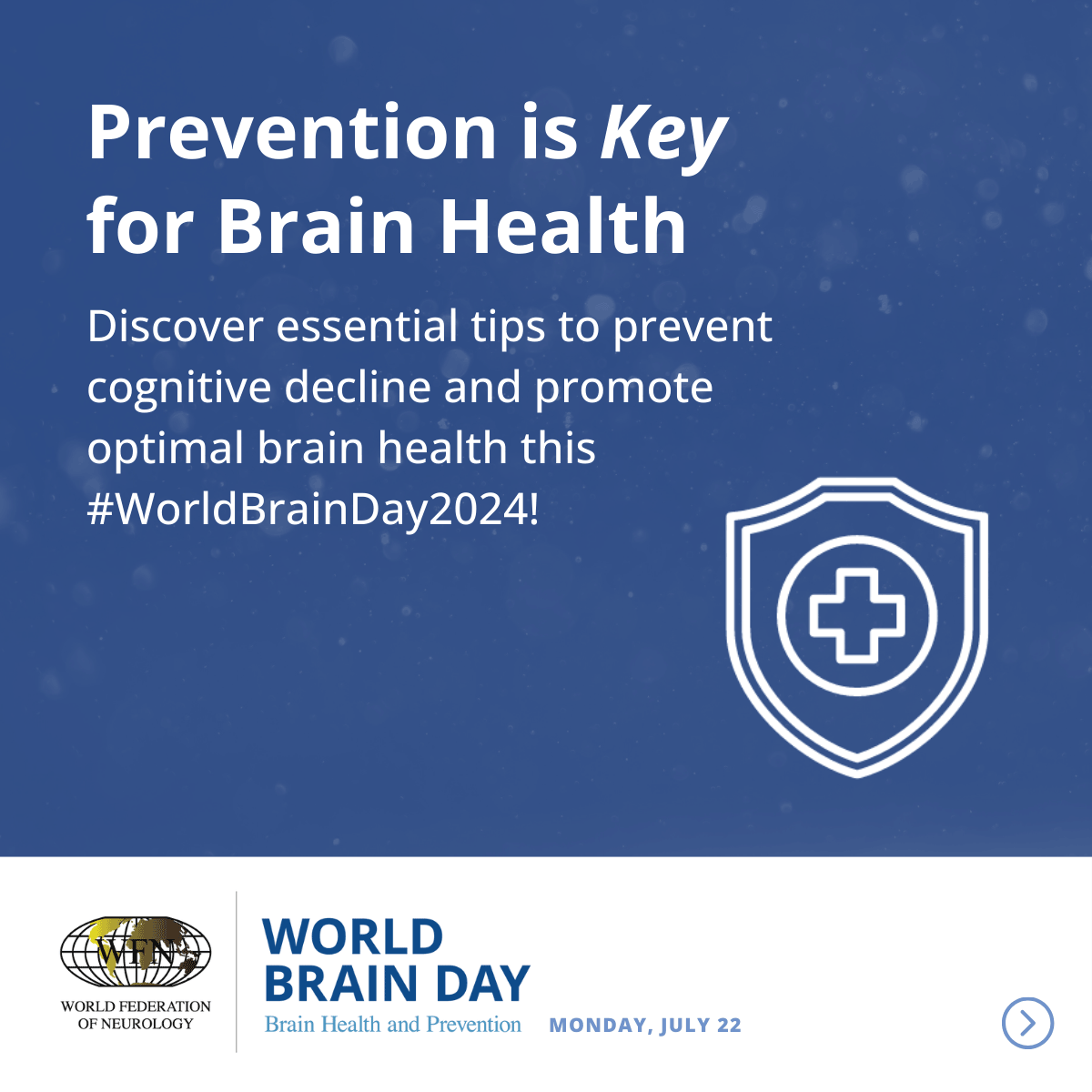
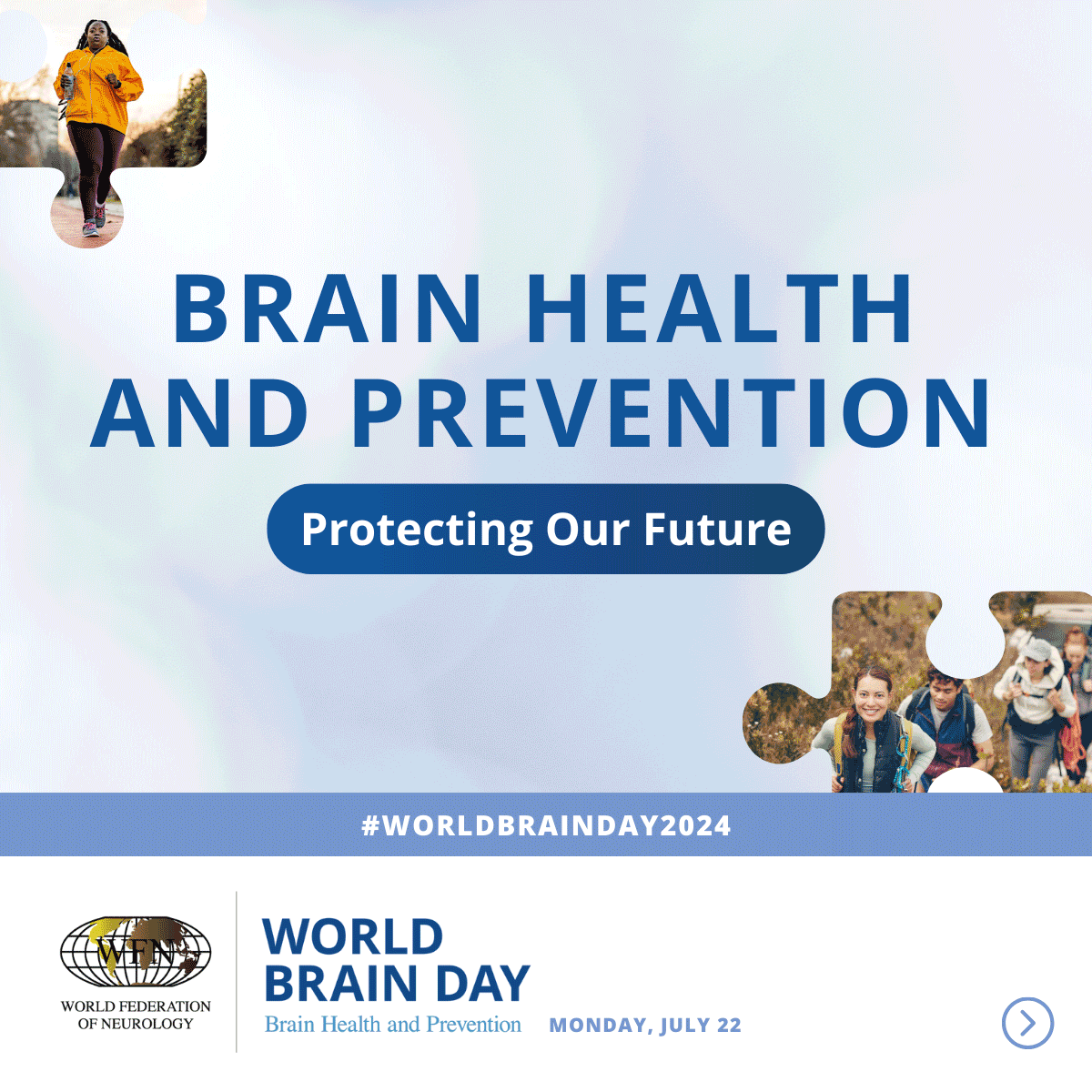
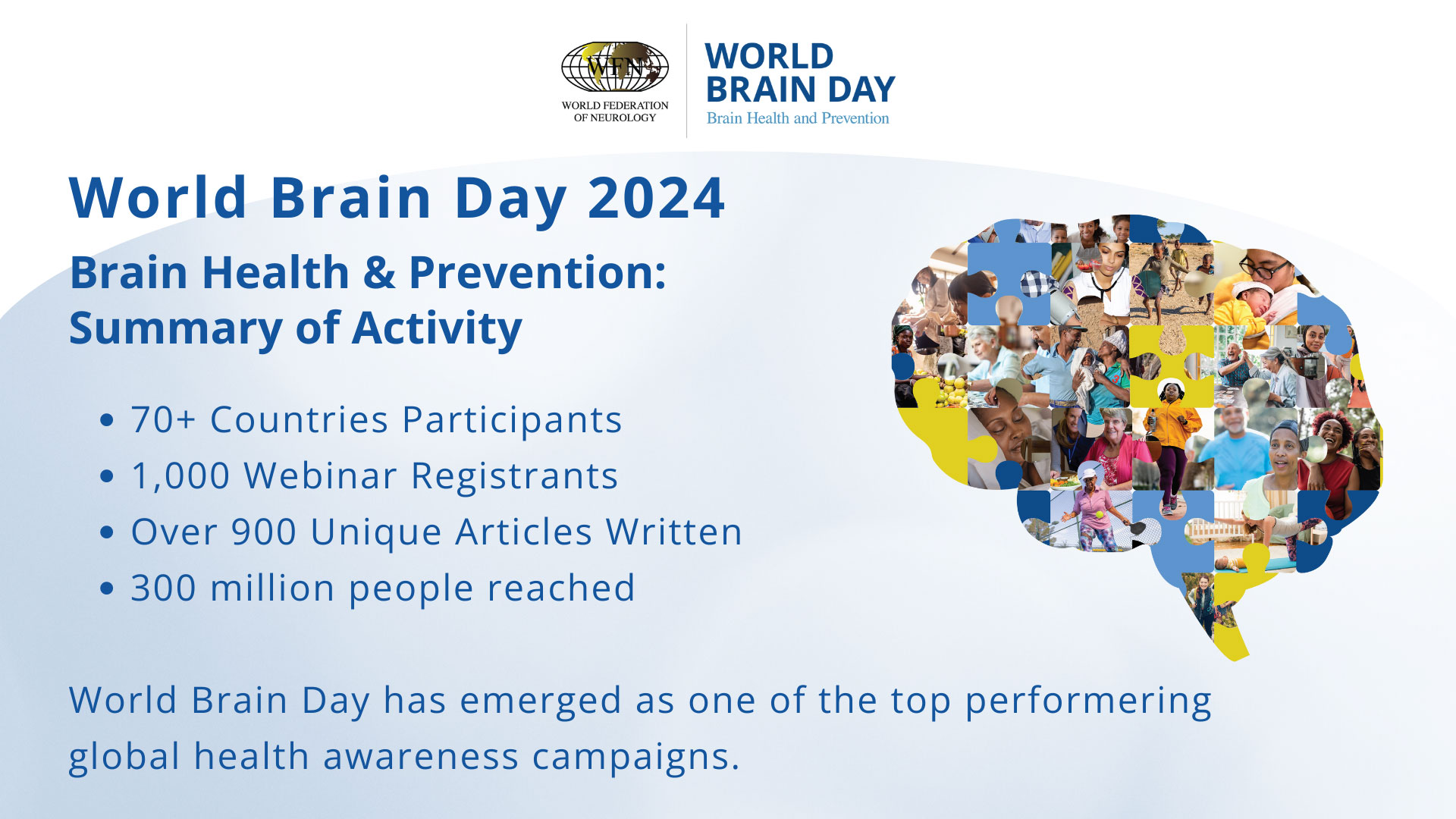
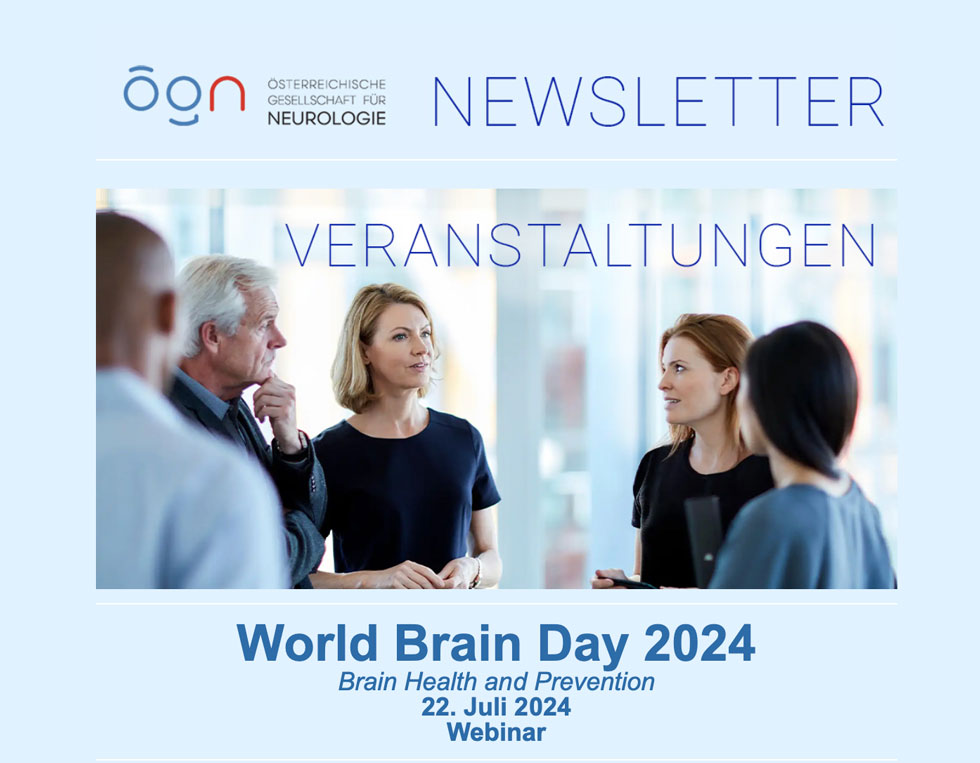
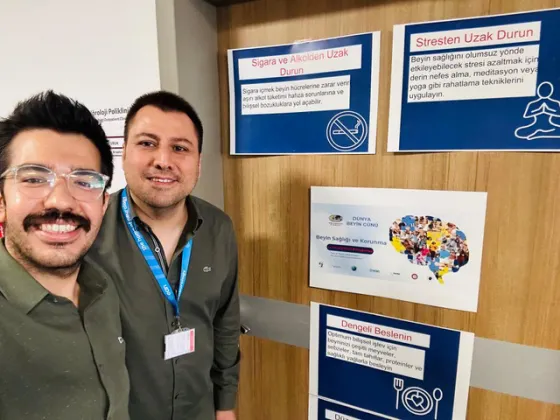
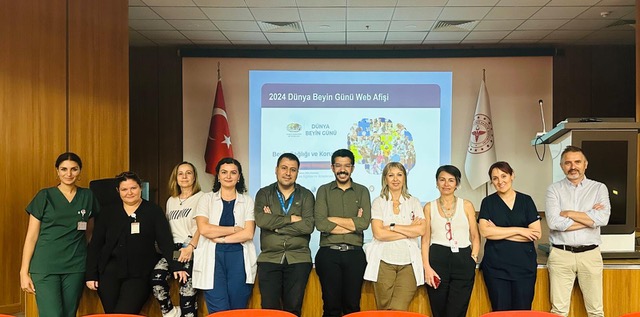
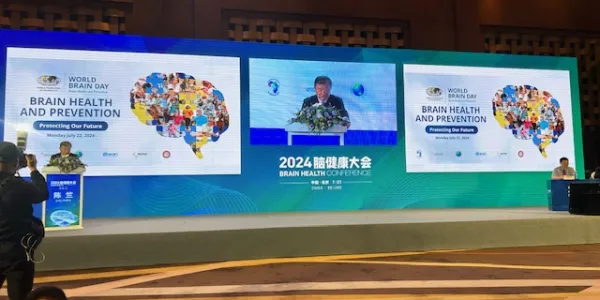

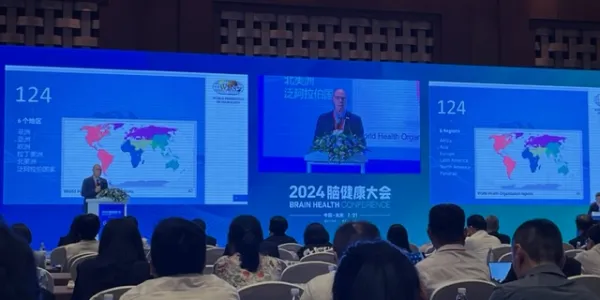
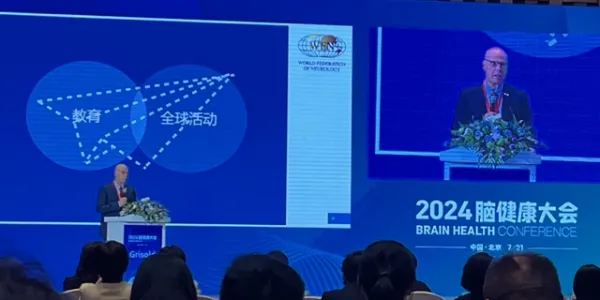



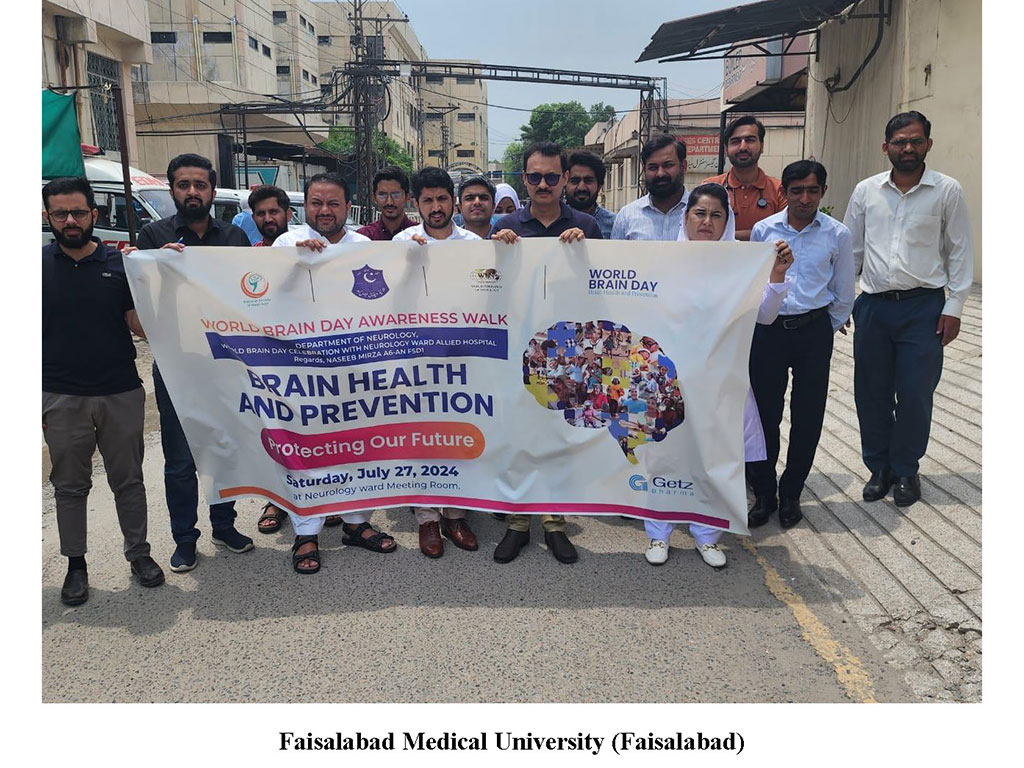

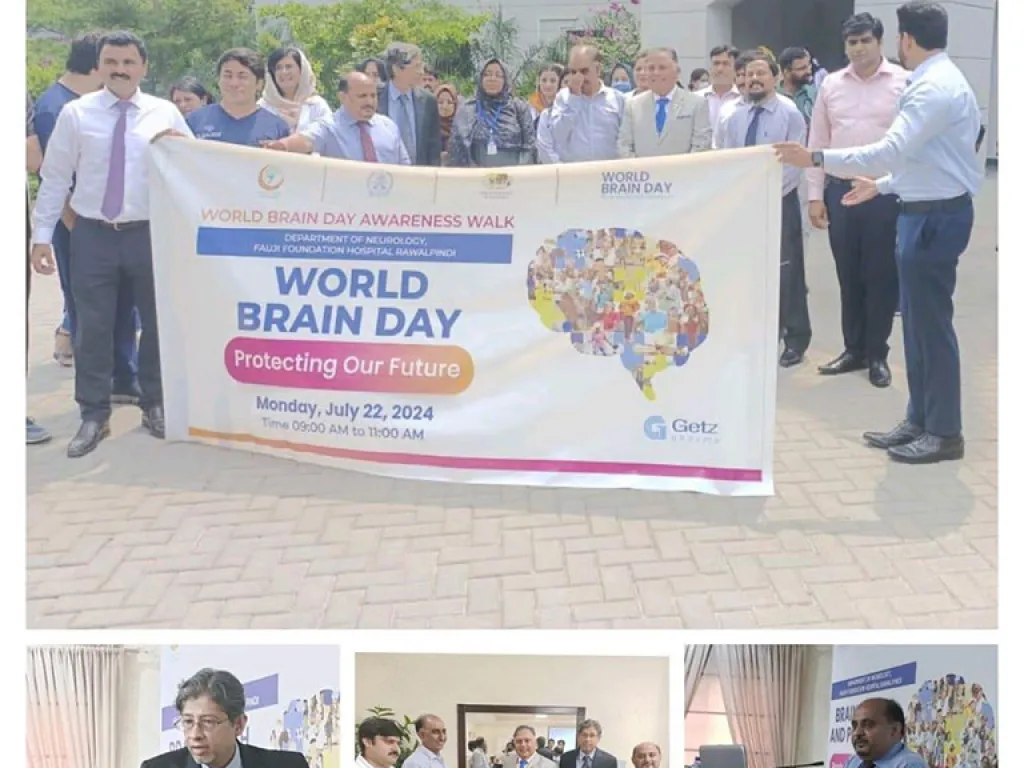
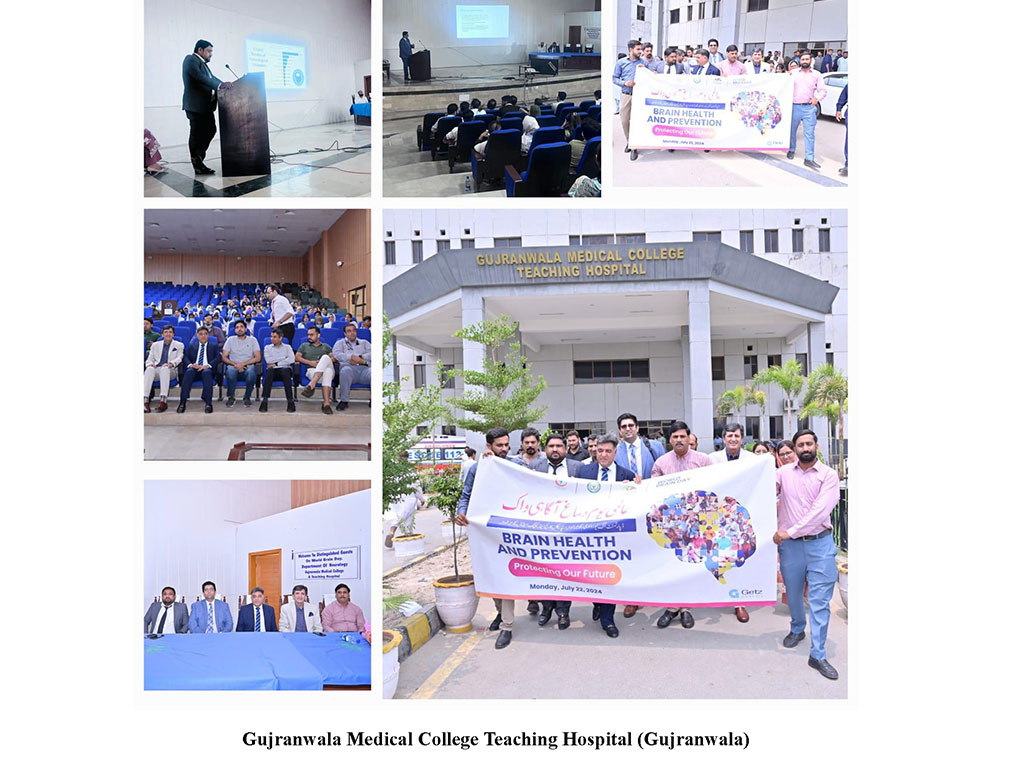
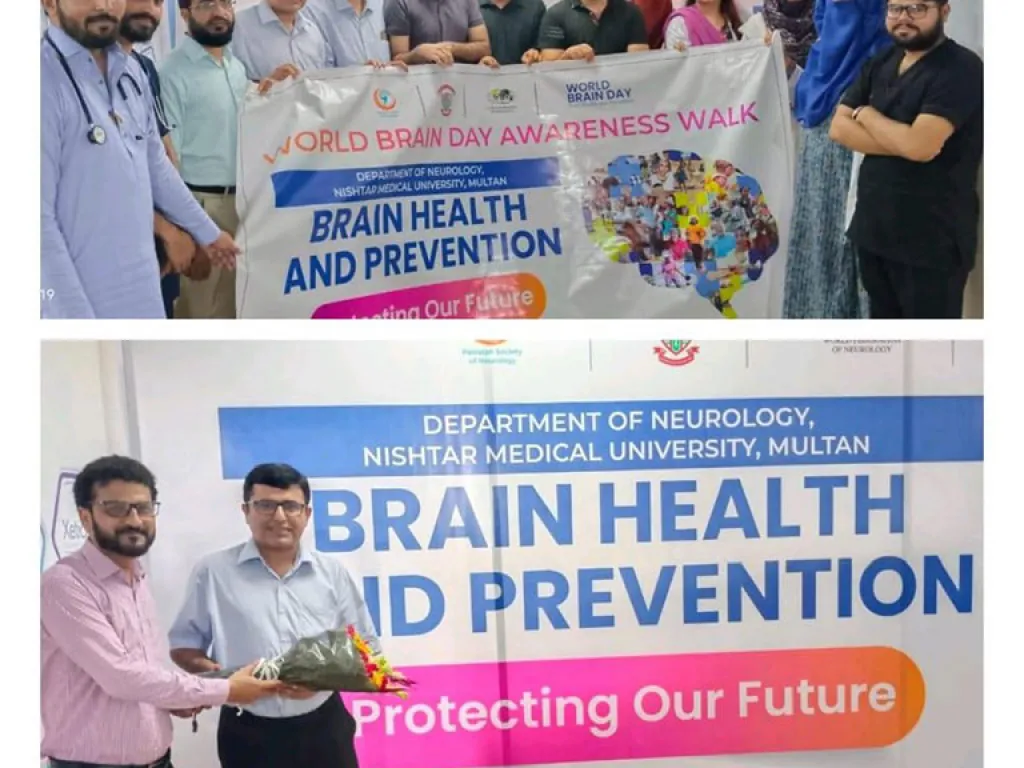
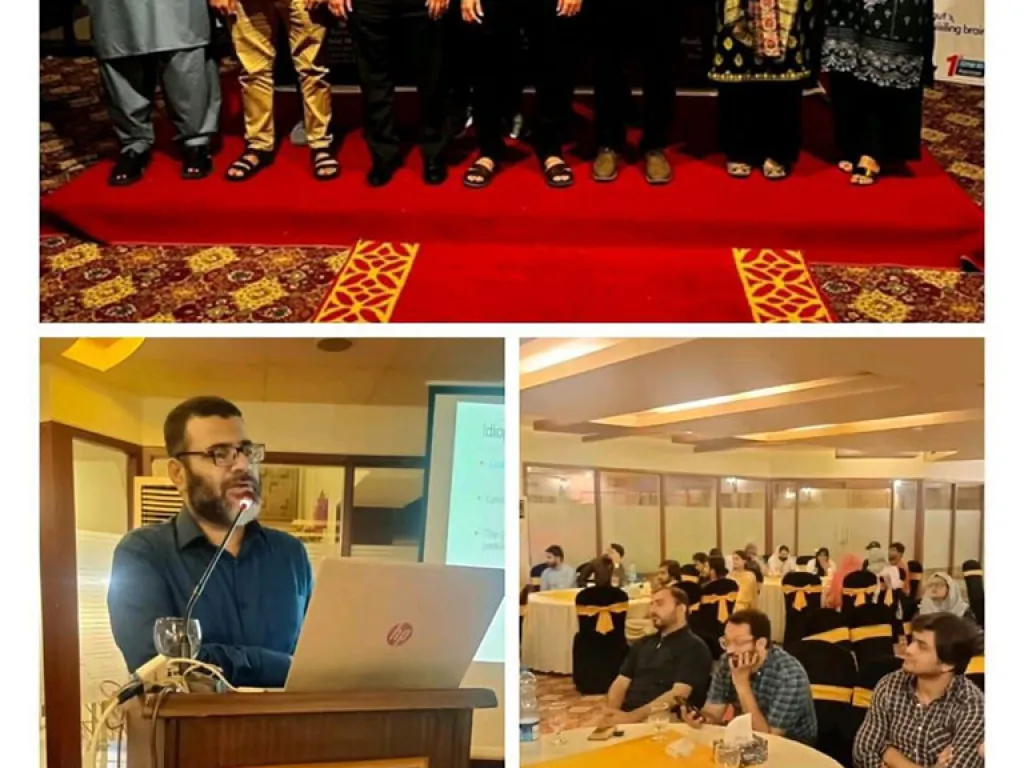
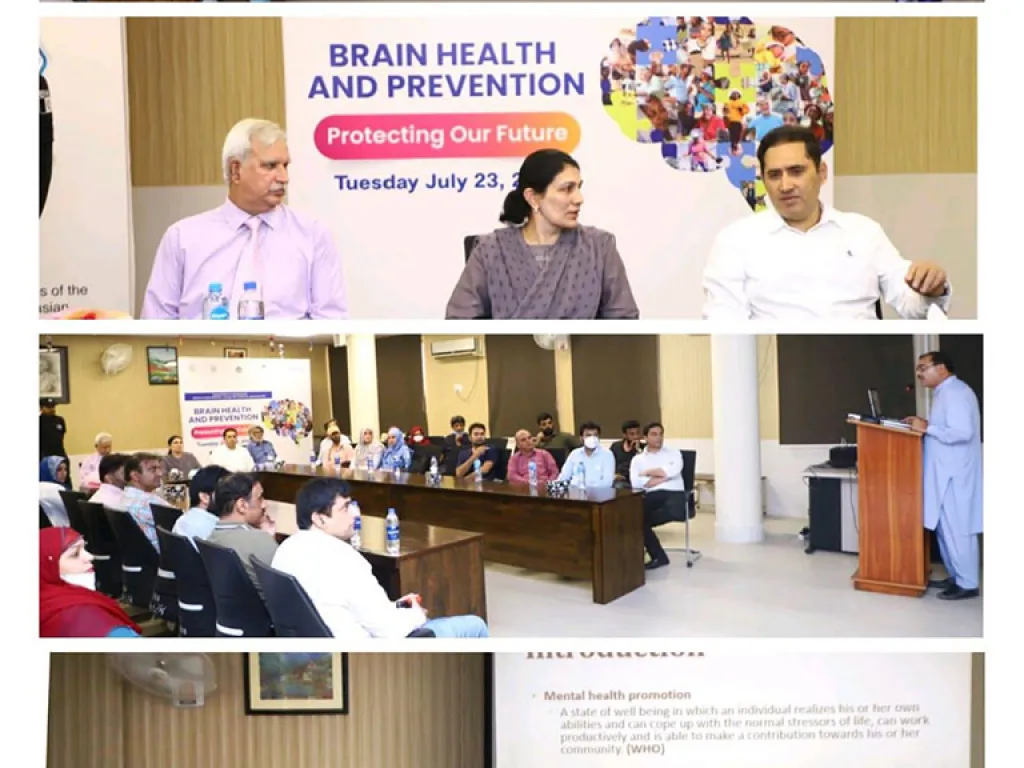
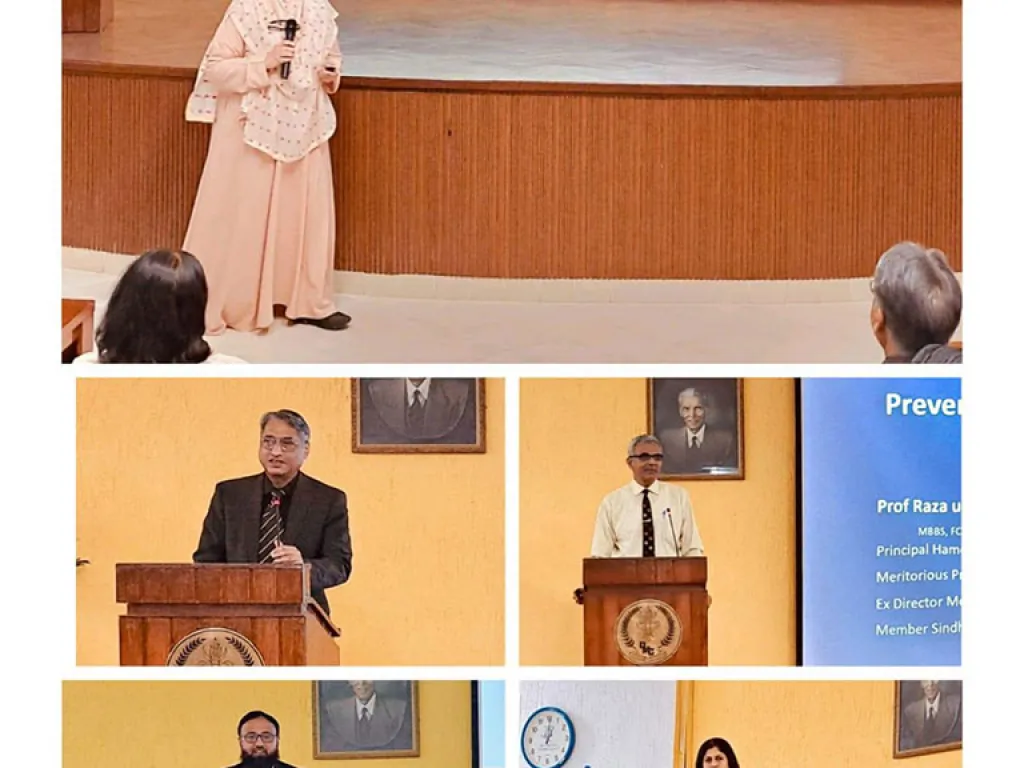
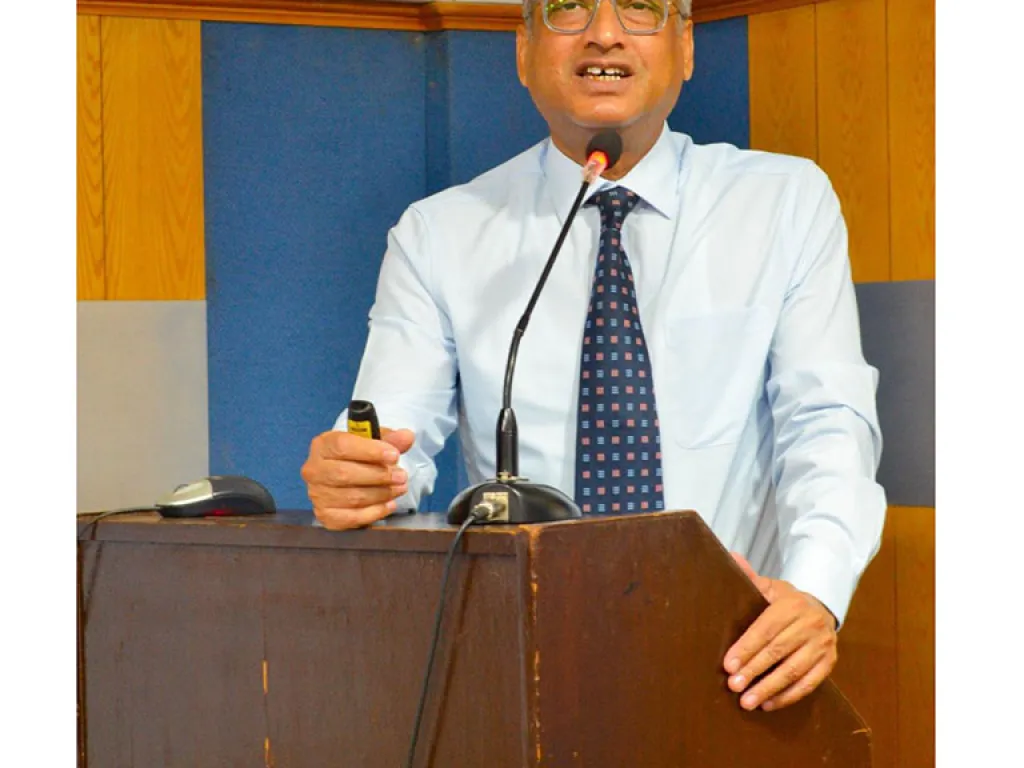
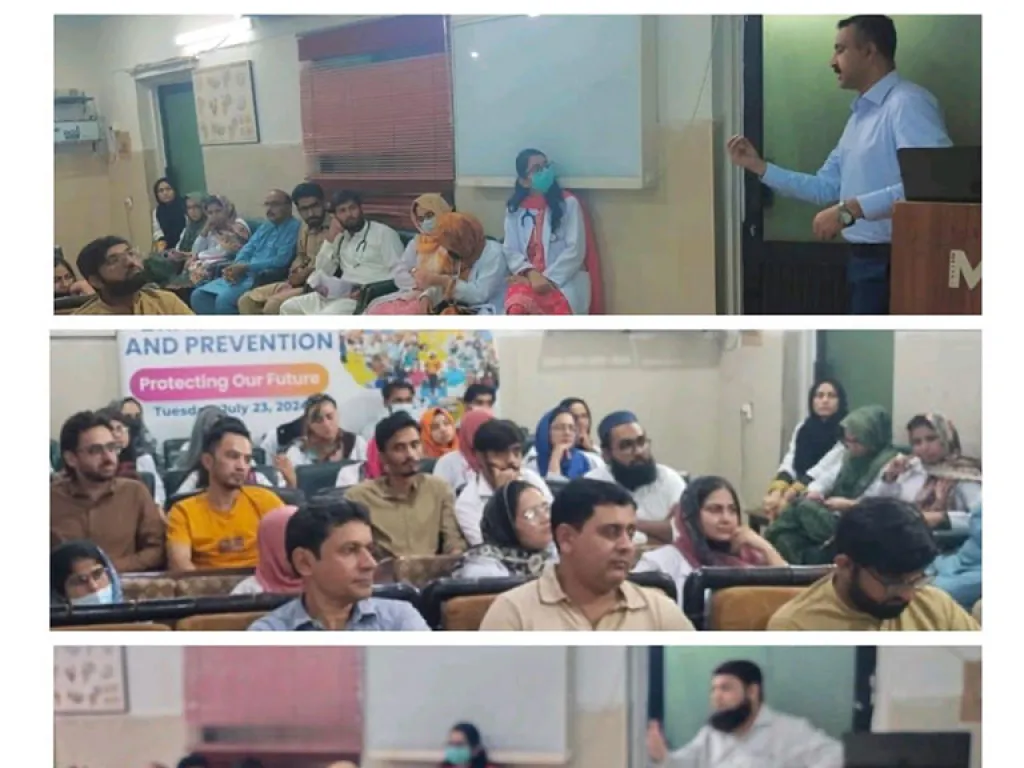
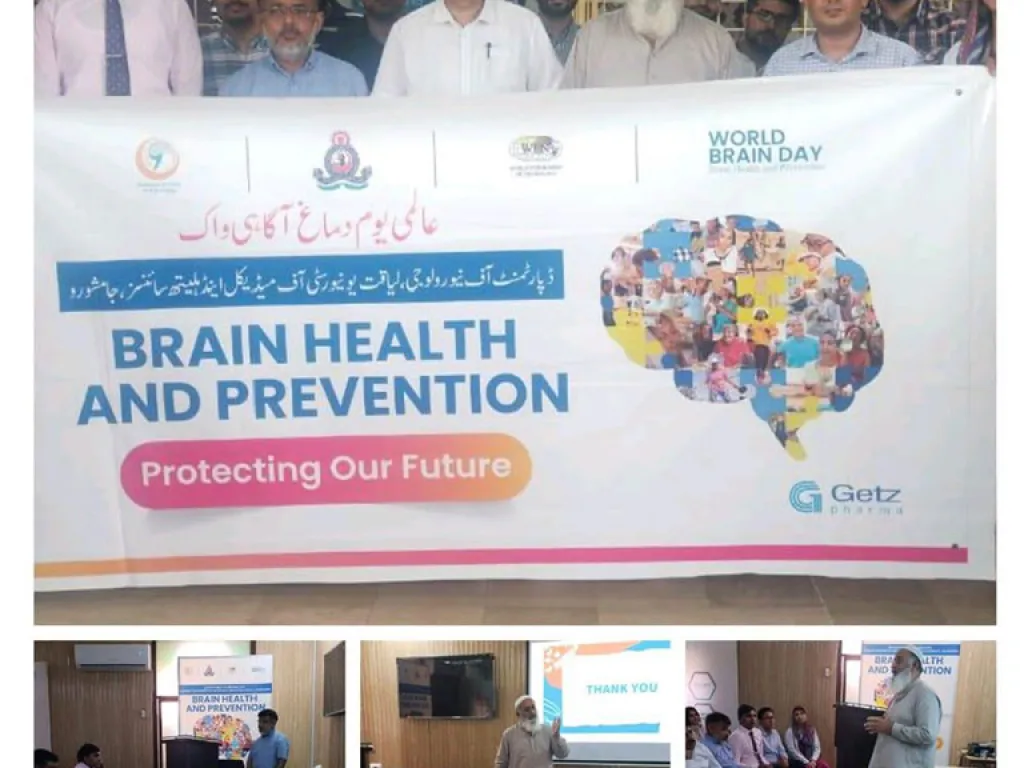
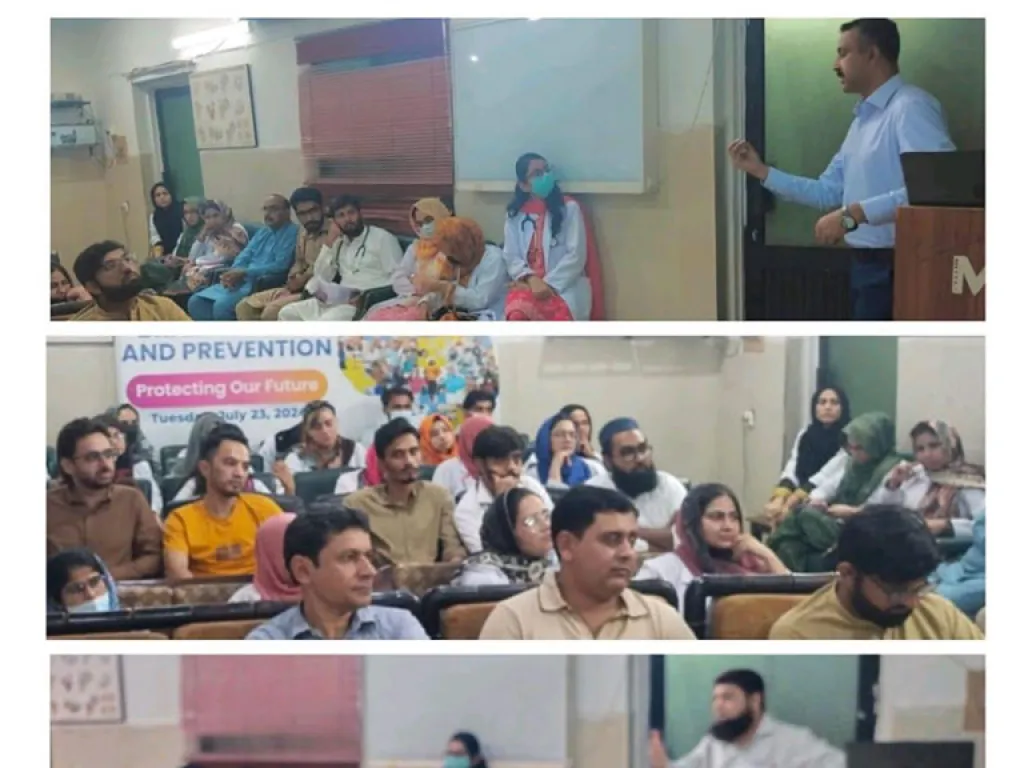
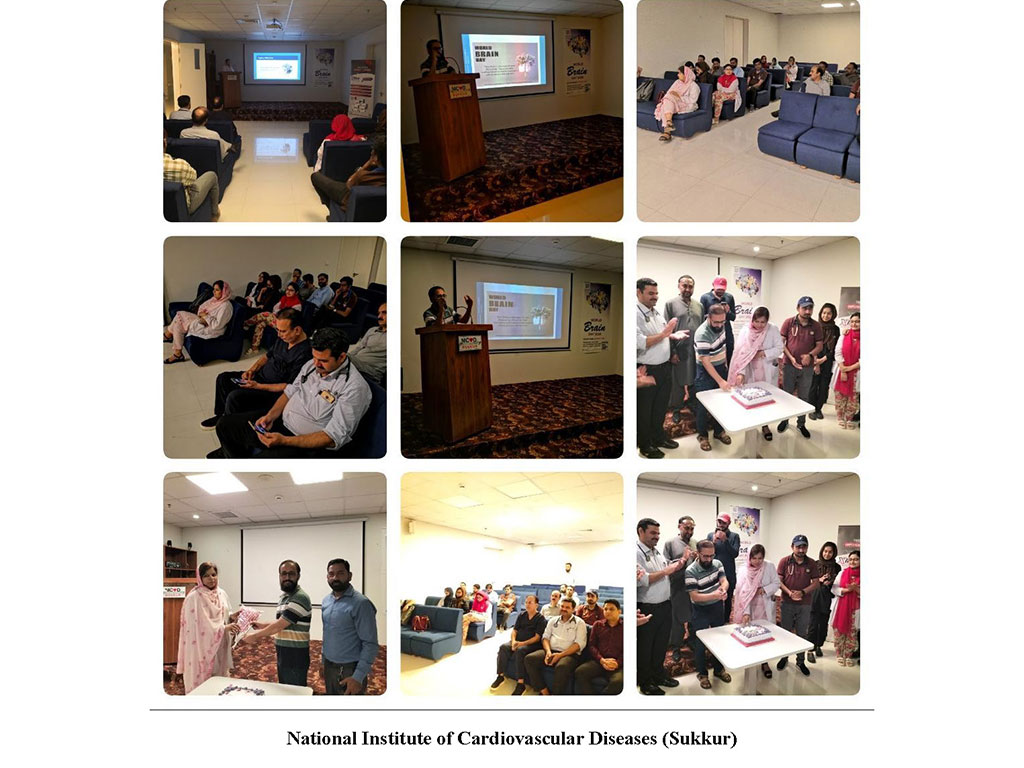
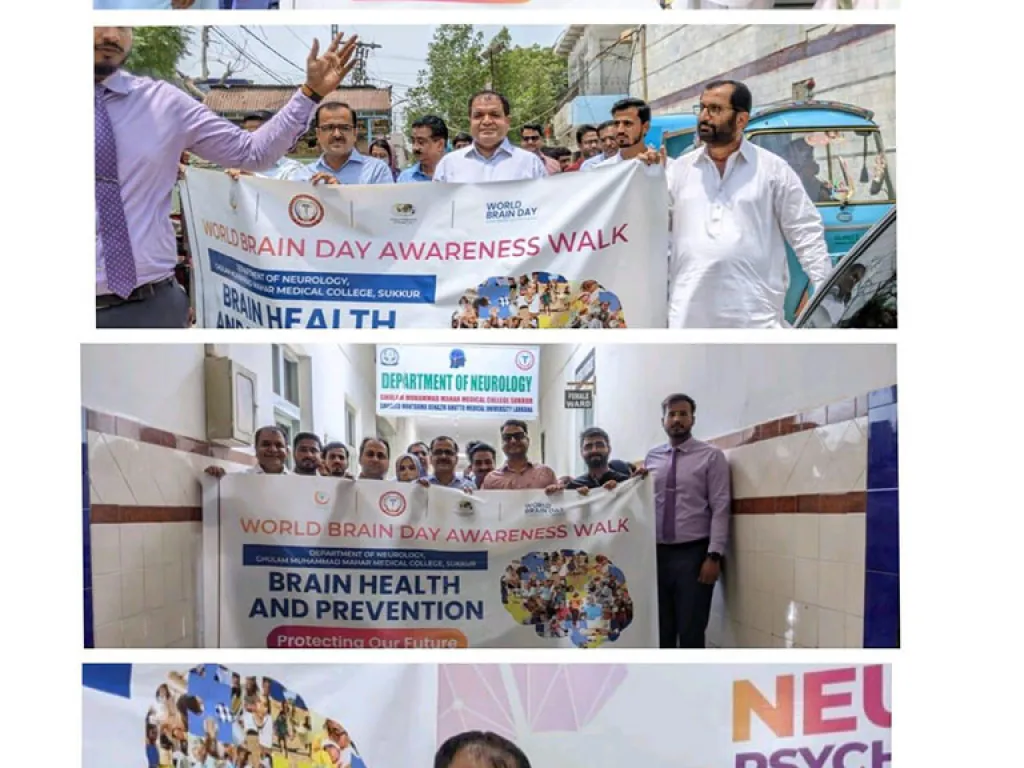
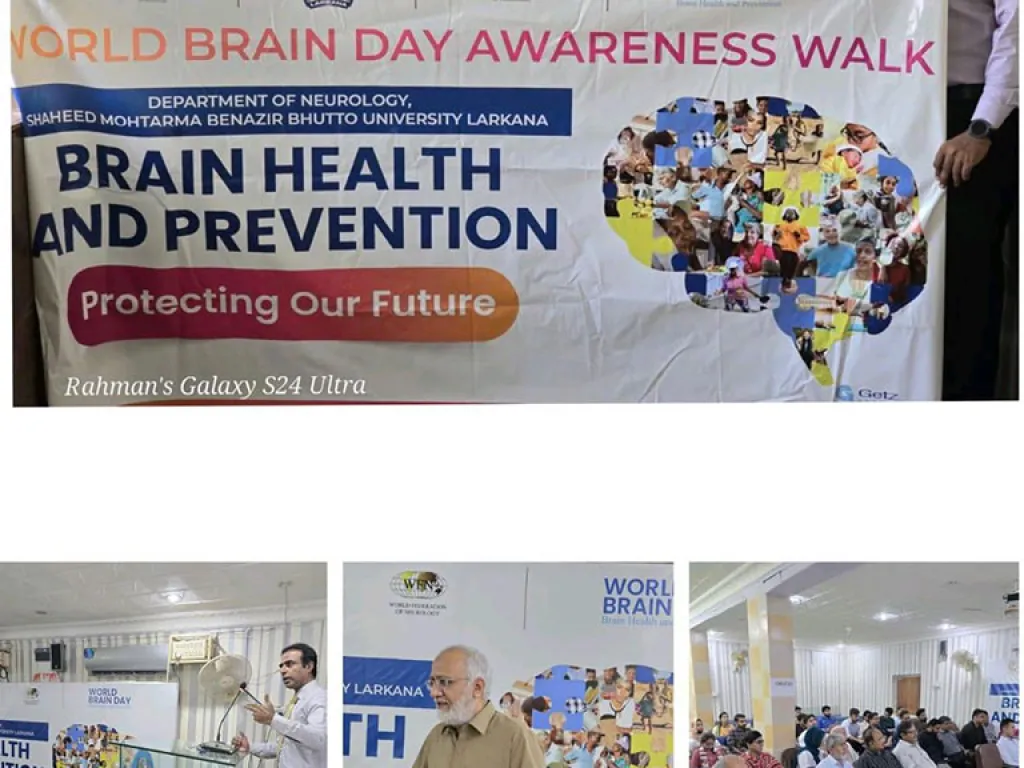
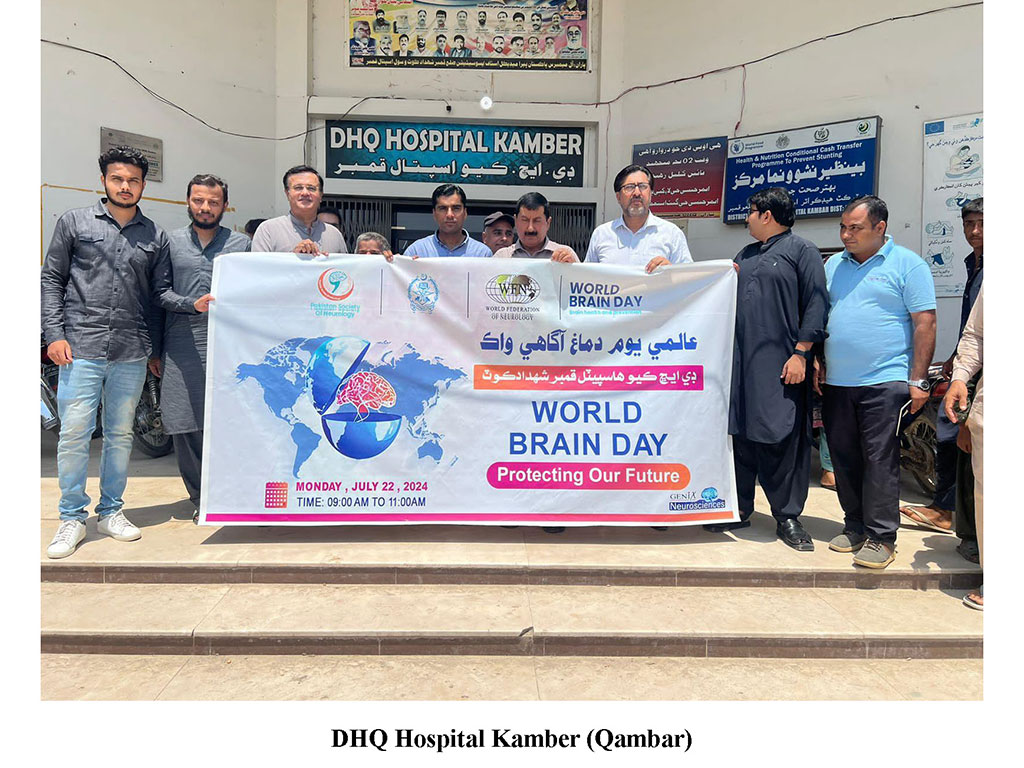
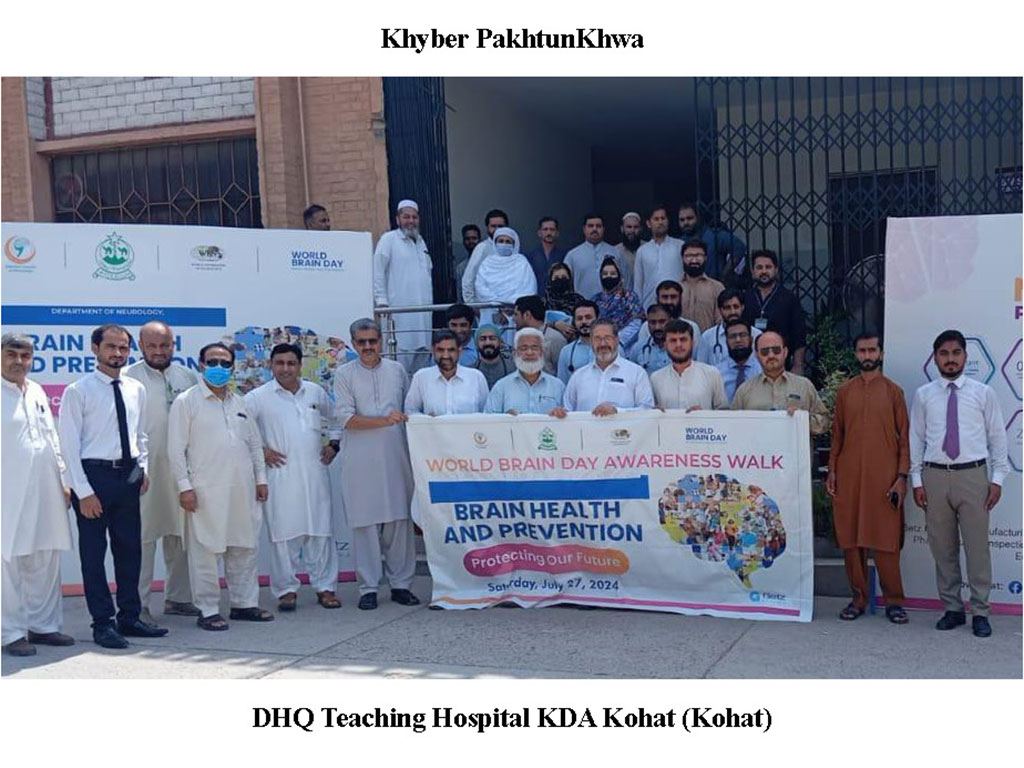
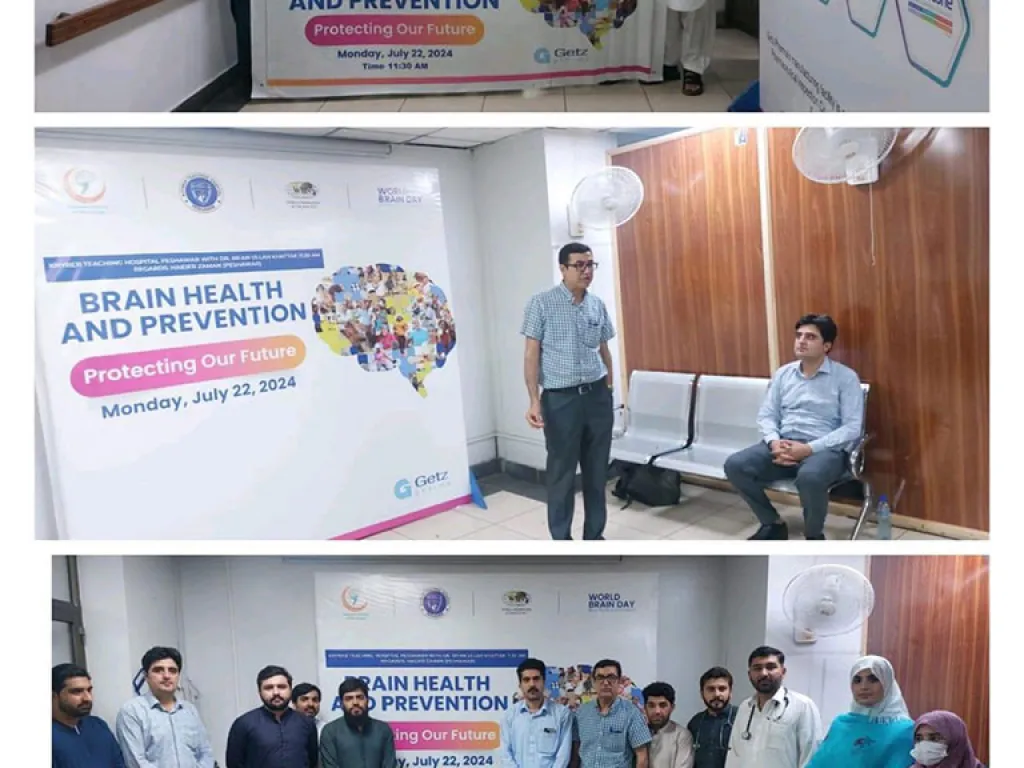
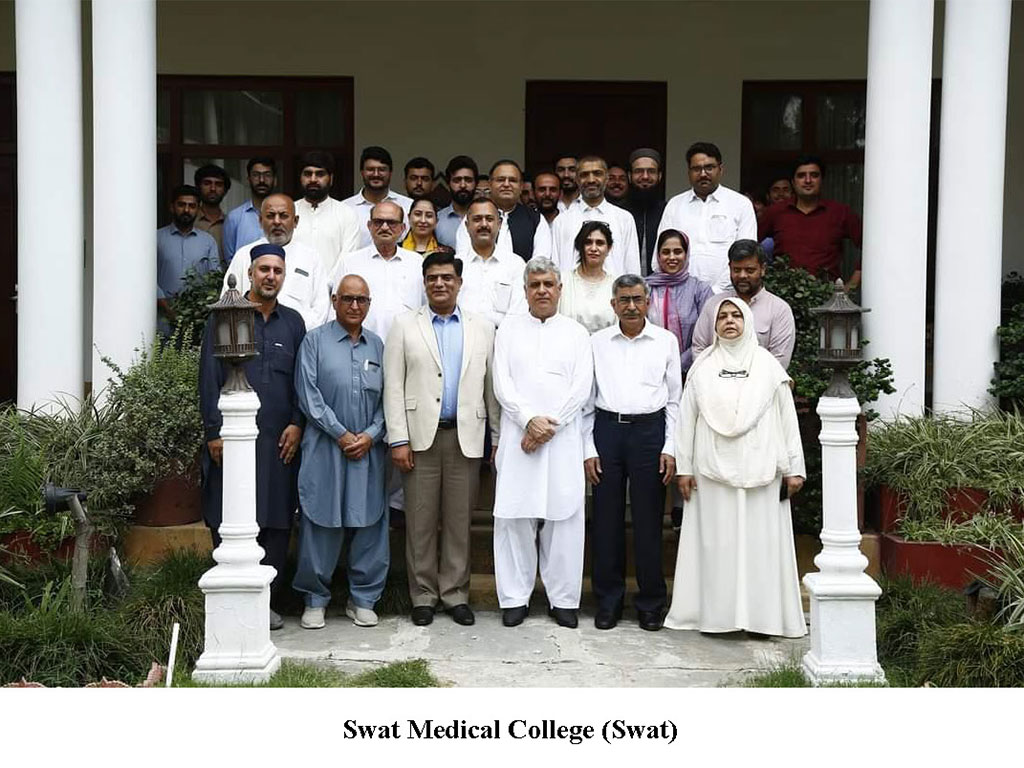
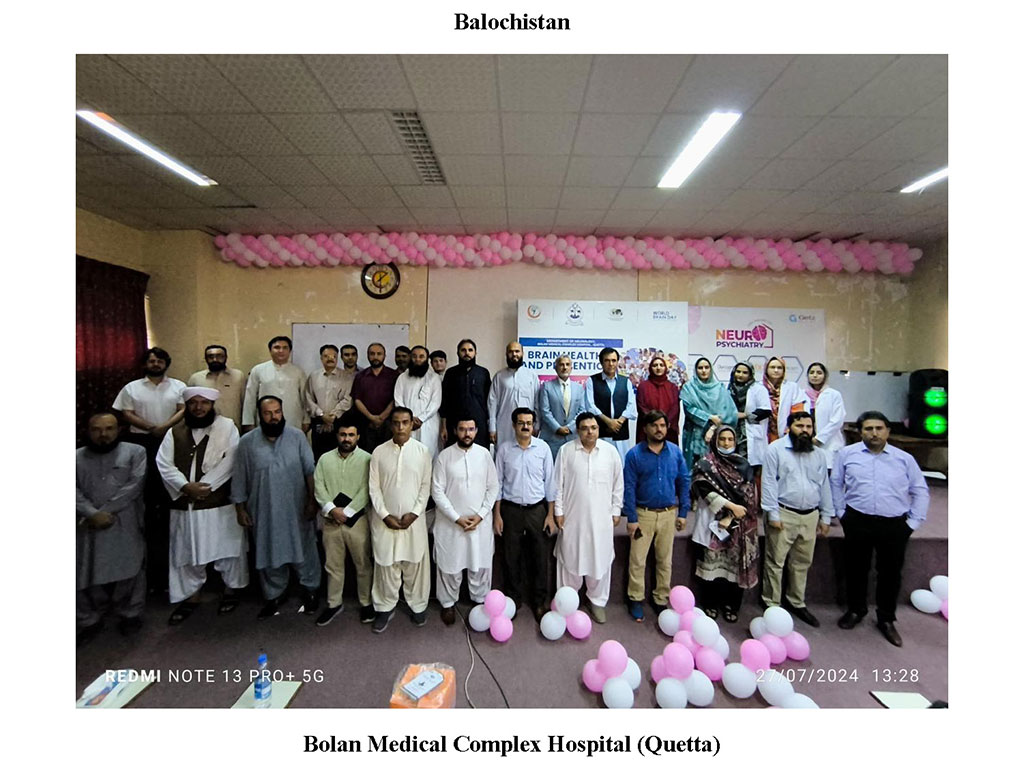
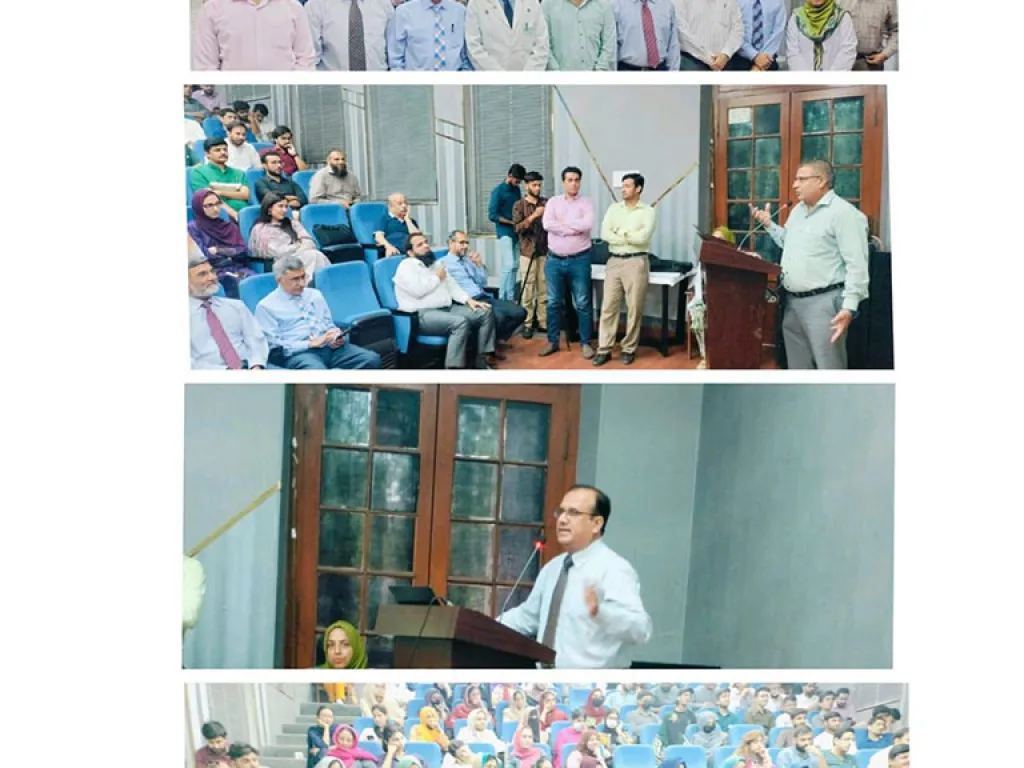
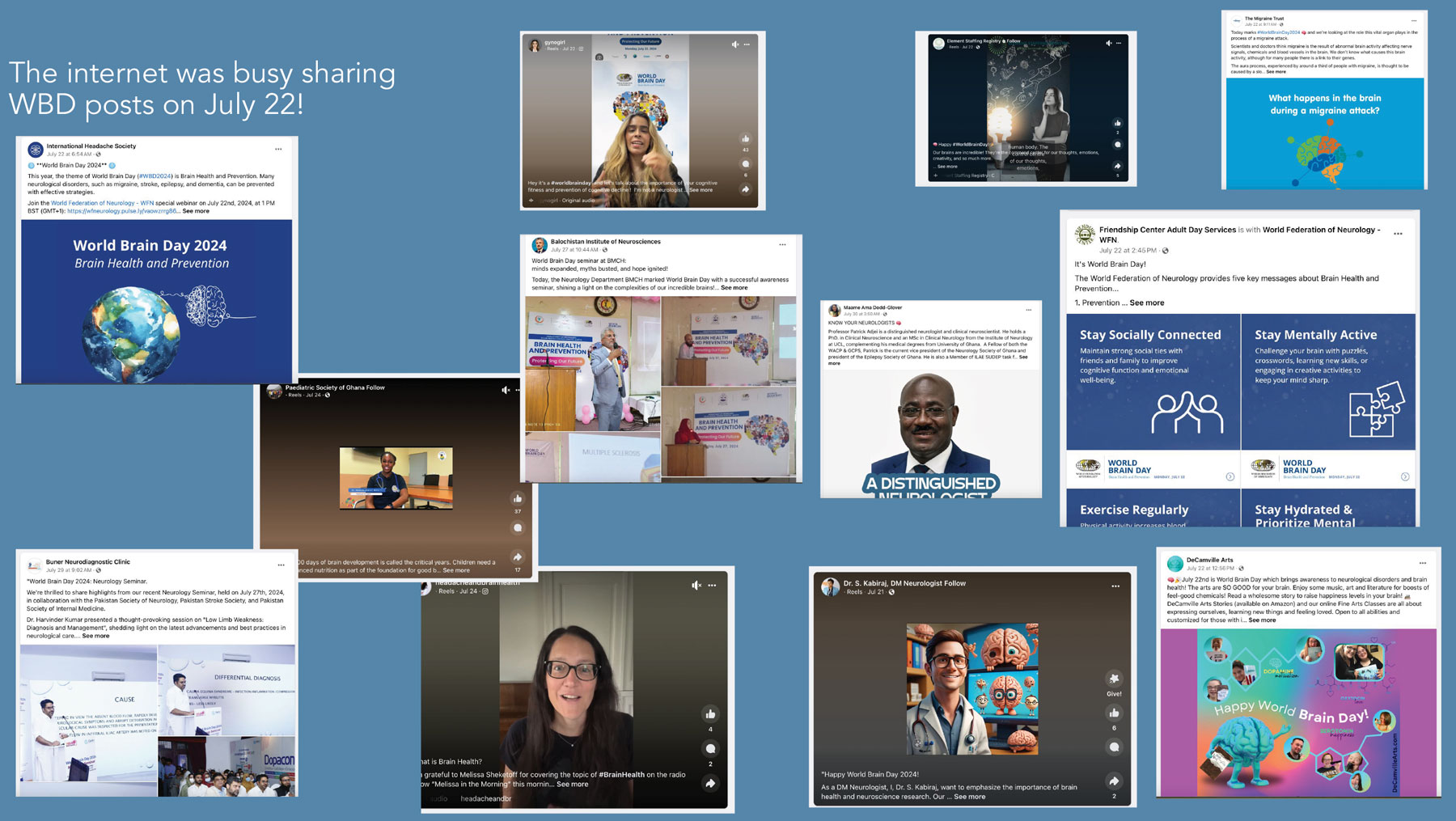
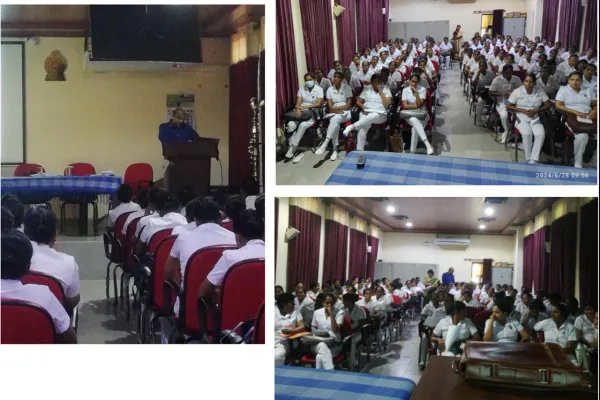
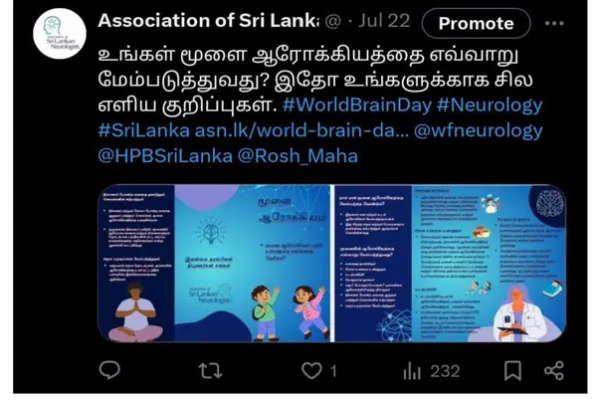
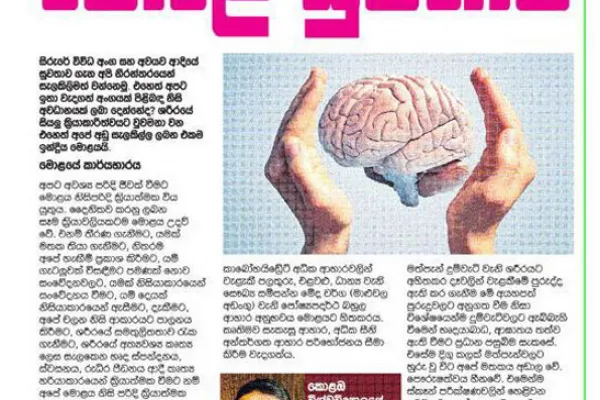
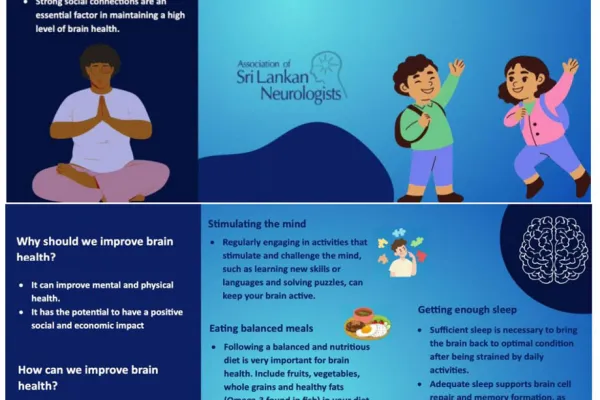
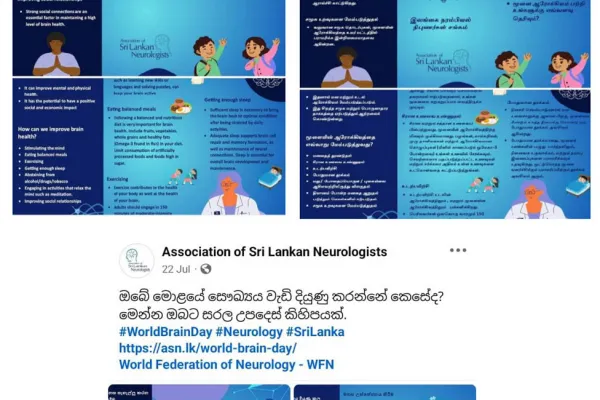
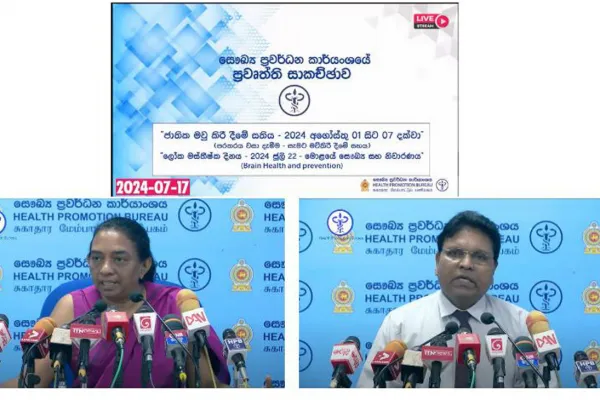
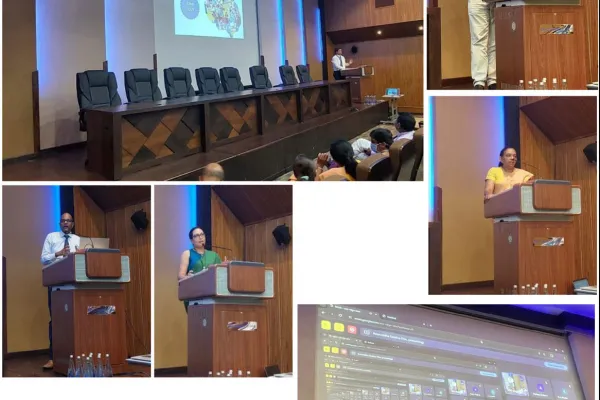
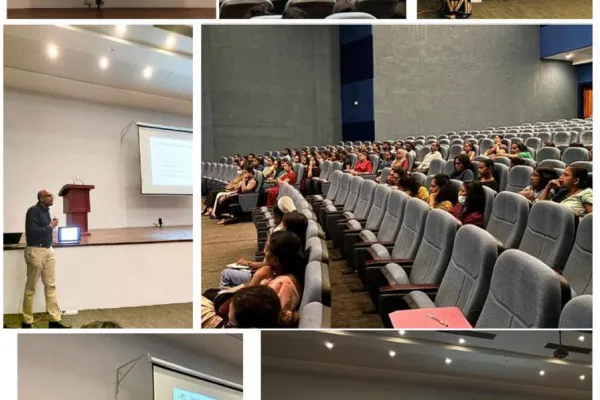
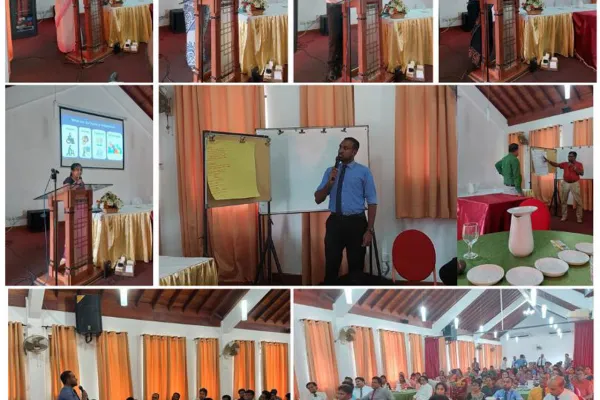
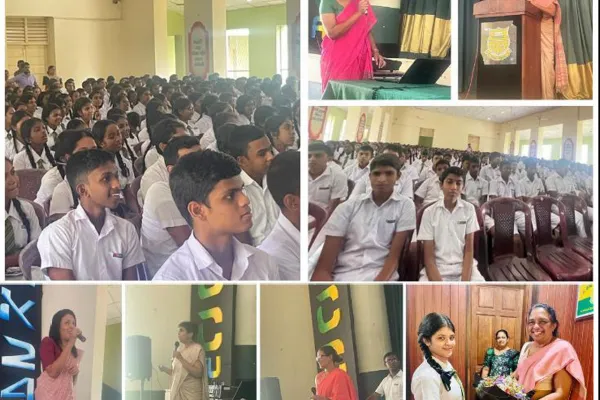
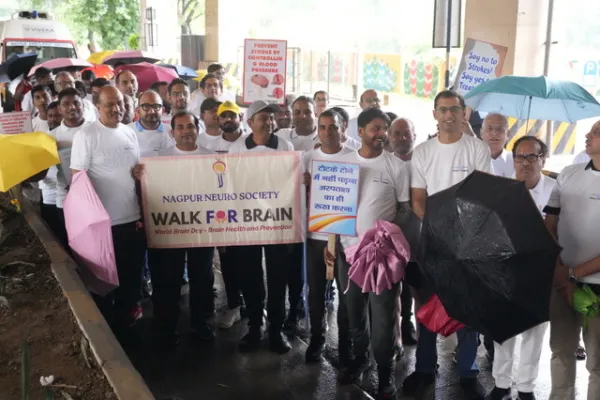
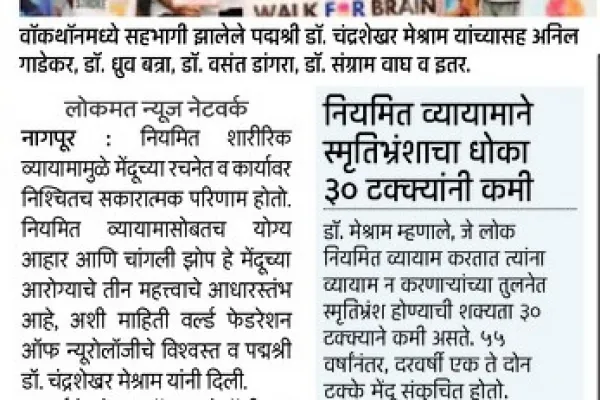
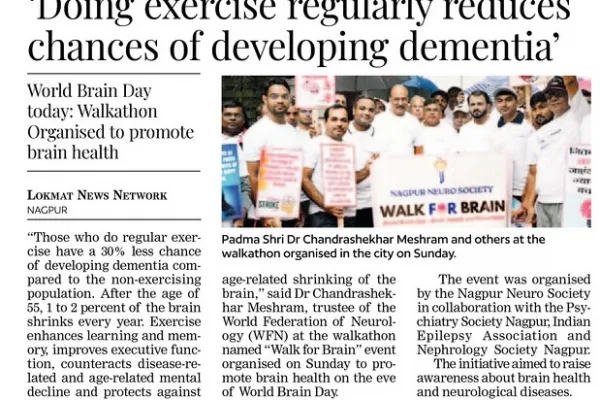
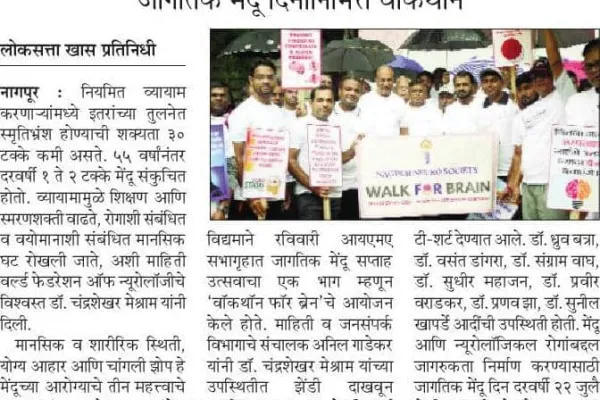
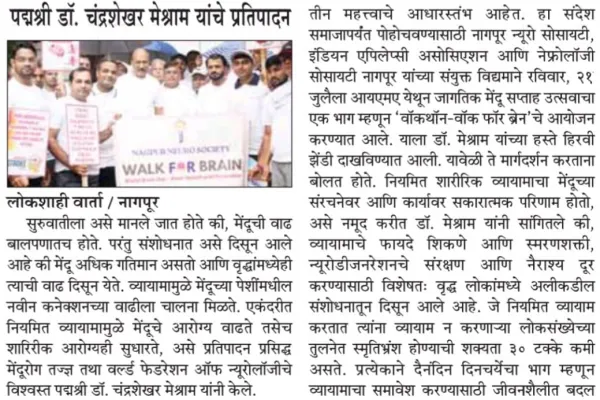
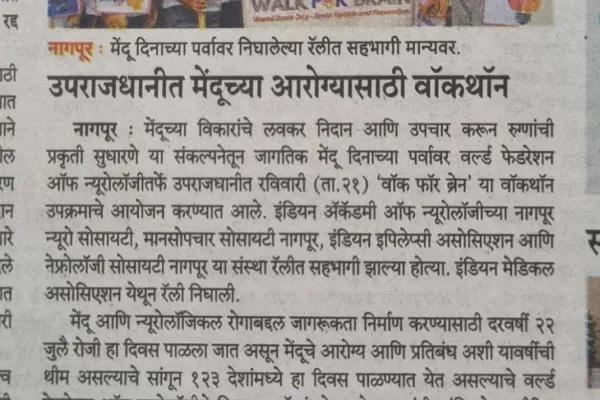
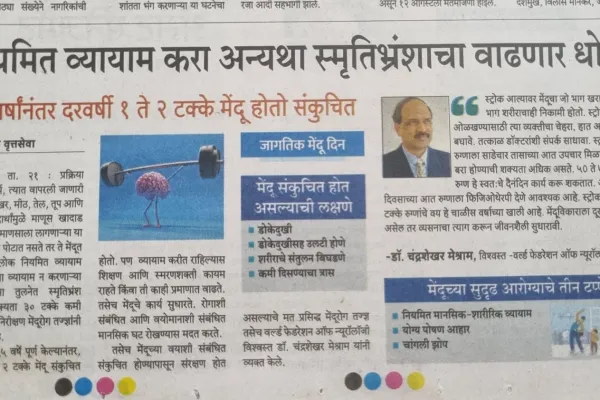
 WFN CONTACT
WFN CONTACT MEDIA CONTACT
MEDIA CONTACT


